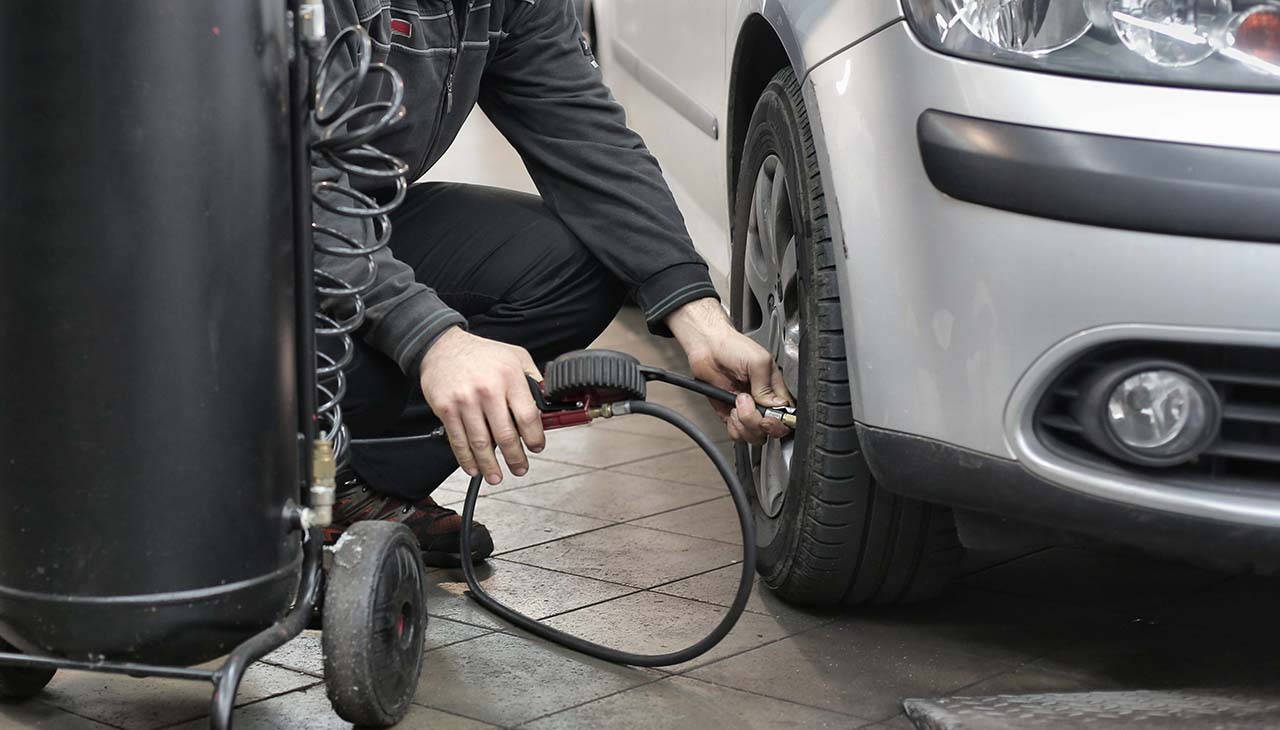Regular vehicle maintenance is critical to ensuring the longevity, safety, and reliability of your automobile. Just as a healthy diet and exercise are essential for optimal human health, consistent upkeep and periodic checks are fundamental to the performance of your car. Neglecting routine maintenance can lead to costly repairs, reduced fuel efficiency, and potentially dangerous situations on the road. This introductory section will highlight the key benefits of maintaining your vehicle and outline the fundamental practices that every car owner should follow to keep their vehicle in peak condition.
Safety and Reliability
Impact on Vehicle Safety
Regular vehicle maintenance directly impacts the safety of the driver, passengers, and other road users. A well-maintained car is less likely to encounter problems such as brake failure, tire blowouts, or engine malfunctions, which can lead to accidents. By routinely checking critical components like brakes, tires, lights, and the electrical system, you proactively prevent hazardous situations before they occur, providing peace of mind every time you hit the road.
Ensuring Reliability and Avoiding Breakdowns
To ensure your vehicle is reliable and to avoid the inconvenience of unexpected breakdowns, a scheduled maintenance plan is essential. Systematically servicing your car according to the manufacturer’s recommendations means you are less likely to face a sudden failure of essential parts. Regular oil changes, tire rotations, and inspections can extend your vehicle’s lifespan and performance, saving you from the untimely disruptions and expenses of roadside emergencies and major repairs.
Longevity and Resale Value
Extending the Lifespan of the Vehicle
Routine maintenance not only keeps your vehicle running efficiently but also extends its lifespan significantly. Regular service appointments are an opportunity for a professional to catch minor issues before they evolve into major problems. Replacing worn parts, such as filters and belts, before they completely fail can prevent damage to other components. Consequently, investing time and resources into periodic upkeep translates into more years of dependable operation from your vehicle.
Maintaining Resale Value Through Proper Maintenance
Adhering to a regular maintenance schedule not only benefits the car’s performance but also preserves its resale value. Comprehensive service records offer tangible proof that the vehicle has been well cared for, which is highly attractive to potential buyers. A history of consistent, professional maintenance can substantially boost a vehicle’s market value, ensuring that you receive the best possible return on your automotive investment when it comes time to sell or trade it in.
Performance and Efficiency
Enhancing Overall Performance
Regular maintenance is key to enhancing the overall performance of your vehicle. Keeping the engine tuned, the fluids at optimal levels, and the filters clean ensures that your car is running at its best. Functional spark plugs, a responsive braking system, and well-lubricated moving parts allow for a smoother and more responsive driving experience. Each visit to the mechanic is an opportunity to optimize the car’s systems, resulting in a consistently powerful and enjoyable performance behind the wheel.
Improving Fuel Efficiency and Reducing Emissions
A well-maintained vehicle is also more fuel-efficient. Keeping tires inflated to the correct pressure, ensuring the engine is properly tuned, and using the recommended grade of motor oil can all contribute to better mileage. This not only saves money on fuel but also helps in reducing your car’s environmental impact. Regular service helps maintain the efficiency of the emissions system, which directly controls the amount of noxious gases released into the atmosphere. Consequently, routine checks and maintenance are integral to eco-friendly driving and can significantly lower your vehicle’s carbon footprint.
Cost Savings
Avoiding Costly Repairs Through Preventative Maintenance
Preventative maintenance is the cornerstone of avoiding expensive repairs down the line. By being proactive and addressing minor issues such as replacing worn brake pads or changing fluids, you avoid the escalated costs associated with part failures and extensive damages. For instance, ignoring simple services like oil changes can result in severe engine damage, which can be financially crippling. Scheduled maintenances create an opportunity for skilled mechanics to inspect your vehicle and detect potential problems early, leading to smaller, manageable repair bills and ensuring uninterrupted vehicle performance.
Long-term Financial Benefits
The long-term financial implications of regular vehicle maintenance are undeniably beneficial. While there are costs associated with frequent service visits, they are significantly minor compared to the sums required if a vehicle is neglected. The investment in routine checks pays dividends by extending the period between more serious and expensive repairs. Furthermore, as vehicles retain their efficiency and reliability over the years, owners experience fewer inconveniences and wasted time—resources that hold substantial economic value. In sum, consistent vehicle maintenance is a strategic approach to secure your financial outlay on your automobile over its lifetime.
